Media guru Chao Shao-kang's return to Taiwan politics: Will this unite or divide the Kuomintang?
Chao Shao-kang, chairman of the China Broadcasting Corporation and a former luminary of the Kuomintang (KMT), declared recently that he was returning to politics and would contest the party chairmanship in July and the presidential election in 2024. His high-profile return reminds Taiwan watchers of former Kaohsiung mayor Han Kuo-yu - another KMT prodigal son who made good before his star fizzled out at the 2020 presidential elections. Will Chao walk in Han's path and more importantly, can the KMT be rejuvenated with this breath of fresh air?
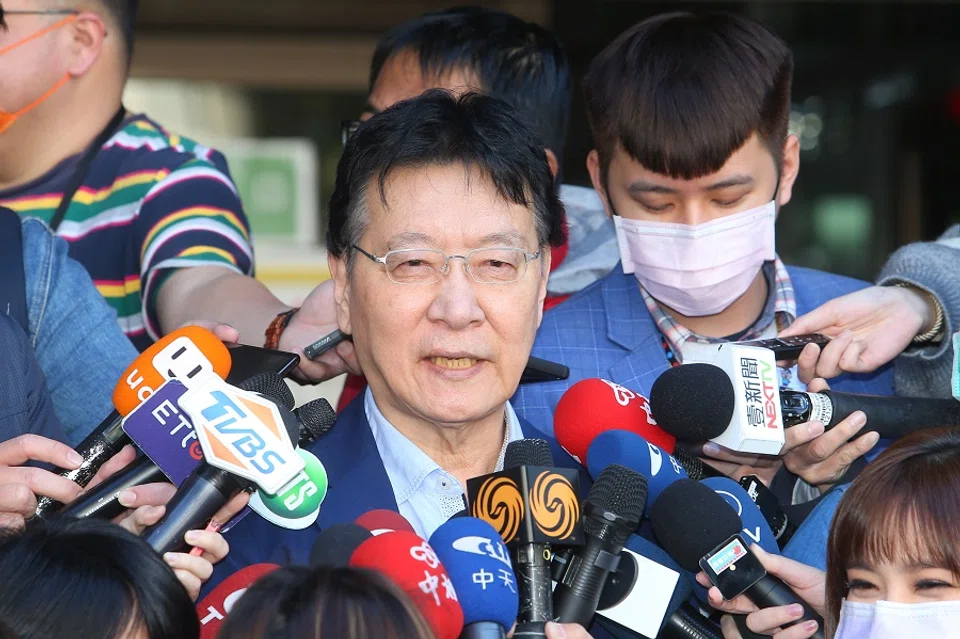
After a 25-year absence from the political arena, political commentator and media personality Chao Shao-kang returned to the Kuomintang (KMT), immediately declaring his intention to run for the KMT chairmanship this July and for Taiwan's presidency in the 2024 election. This seems to have reinvigorated a KMT that has been somewhat deflated since its defeat in the 2020 presidential election. Much speculation among the public has also ensued as to whether Chao would just be a flash in the pan and do even worse than former presidential candidate Han Kuo-yu who had stirred up a "Han craze" back then. They are doubtful that Chao can be of much help in the 2022 local elections, let alone the 2024 presidential election.
A simple comparison between Chao and Han gives some food for thought about Chao's future political destiny. Both men had been held in high regard within the KMT before they fell from grace and were pushed to the sidelines. While Chao's popularity had once exceeded that of Han's, he later left politics altogether.
Both are charismatic figures outside the party establishment with the ability to attract a large number of pan-Blue and neutral voters who are dissatisfied with politicians within the establishment and who want new faces, flamboyance, and big gestures. Such a mentality seeking charismatic anti-establishment leaders has also been an important force that propelled various populist parties and politicians of other countries to power.
Non-establishment image just a veneer?
But ideologically speaking, Chao and Han do not belong outside the establishment - they belong instead to the pan-Blue within the KMT and the most orthodox camp within it at that, because they still firmly insist on the "Three Principles of the People" as espoused by former President Chiang Ching-kuo, accept the "1992 Consensus" based on the "one China" principle, and stand by Taiwan's democratic system in opposition to the mainland's one-party system.
Thus, there is a tension between their non-establishment image and the pro-establishment values they hold. If this tension is not resolved, Chao may suffer the same fate as Han in the future.
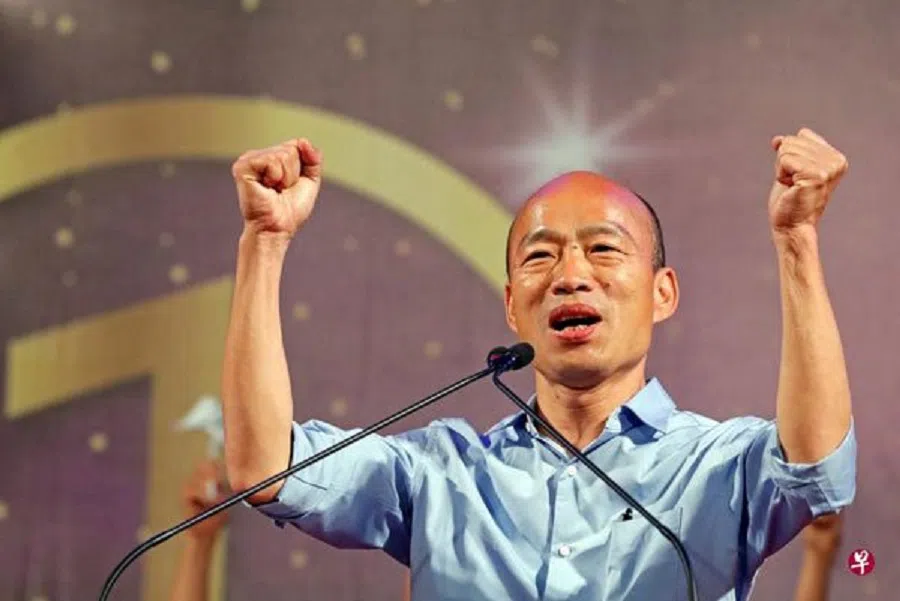
Thus, there is a tension between their non-establishment image and the pro-establishment values they hold. If this tension is not resolved, Chao may suffer the same fate as Han in the future. Han had once attracted many supporters with his non-establishment image. But as the focus of his electoral run returned to the ideological realm, he was ultimately defeated during the 2020 presidential election because of his pro-establishment values.
Different support bases, different times
That said, Han and Chao attract different types of supporters despite them both belonging to the pan-Blue coalition. Han's base of supporters is closer to the grassroots and includes not just those from the pan-Blue camp but also a portion of the neutral voters; this mix of supporters helped to create the Han craze back then. The make-up of Chao's supporters is still a mystery but they are likely limited to the pan-Blue camp and the more highly-educated groups. In fact, it can be said that Han represents the grassroots of the pan-Blue camp, while Chao represents the intellectuals of the pan-Blue camp. Both of them indeed complement each other to some extent. However, the intellectuals of the pan-Blue camp are in the minority. For Chao's support to reach a similar magnitude to that seen during the Han craze, the intellectuals and the grassroots would have to come together.
The challenges and opportunities faced by Han and Chao upon their return to the political stage are different as well. Han returned to politics as the Kaohsiung mayoral candidate in 2018. Initially, no one believed that he could do well. But the Tsai Ing-wen administration was implementing a series of drastic reforms that invited widespread controversy across society. There were numerous and persistent protests, and the popularity of Tsai and the key officials in her administration quickly declined.
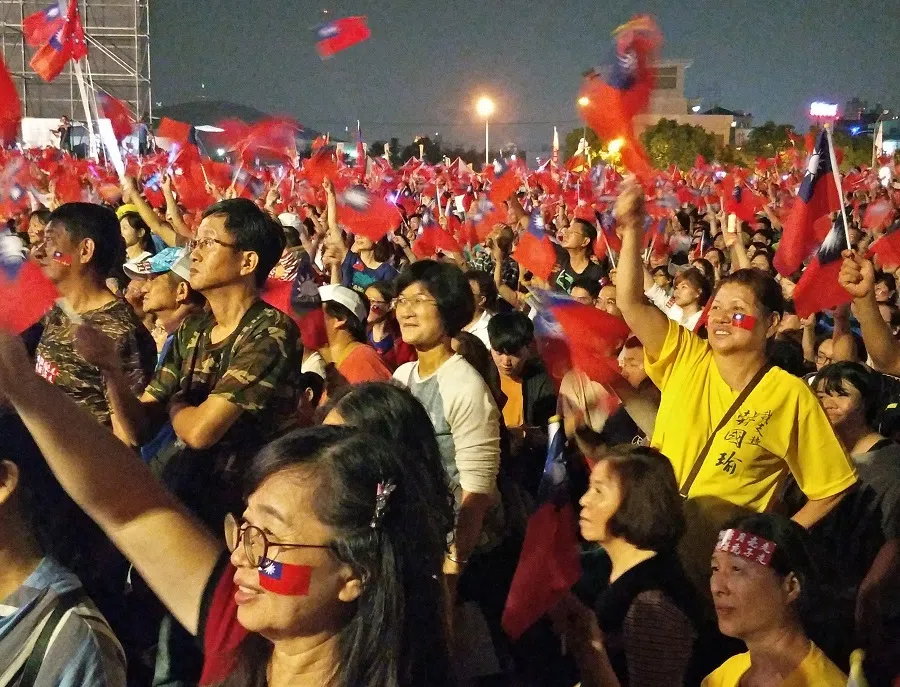
Economically disadvantaged groups and people with a more conservative cultural mindset flocked to Han and the Han craze was set off due to social discontent. This not only helped Han win the Kaohsiung mayoral race, but had a spillover effect in other counties and cities, with other KMT candidates winning the local elections. These wins gave the KMT hope that they could win the 2020 presidential election.
In addition, few would recall that between 2015 and 2018, Taiwanese nationalism was in fact on the decline. Society was filled with disappointment and feelings of defeat on one hand, and increasingly positive views of the mainland on the other. Furthermore, it was the local elections that Han made a breakthrough in, for which cross-strait relations was not the main focus of the electoral campaign. Thus his pan-Blue stance did not become political baggage.
Uphill battle for the KMT amid positive outlook for Taiwan
But the situation is completely different for Chao, who has just returned to politics. In 2019, Tsai took advantage of the Hong Kong protests and other incidents to stir up anti-China sentiment in Taiwan society. This not only helped her get re-elected, but also allowed the Democratic Progressive Party (DPP) to unite the Taiwanese people, thereby successfully containing the spread of the pandemic.
As a result, Taiwan's economic growth outpaced that of the mainland's for the first time in 30 years. Taiwan also came in first in terms of democracy development in East Asia, according to the Economist Intelligence Unit's annual Democracy Index which put it in the category of a "full democracy" for the first time. The China-US trade war and the former Donald Trump administration's support for Taiwan have also brought a lot of economic and political benefits to Taiwan. With Taiwan Semiconductor Manufacturing Company's (TSMC) soaring share price, Taiwan's stock market continues to be bullish, bringing huge profits to investors.
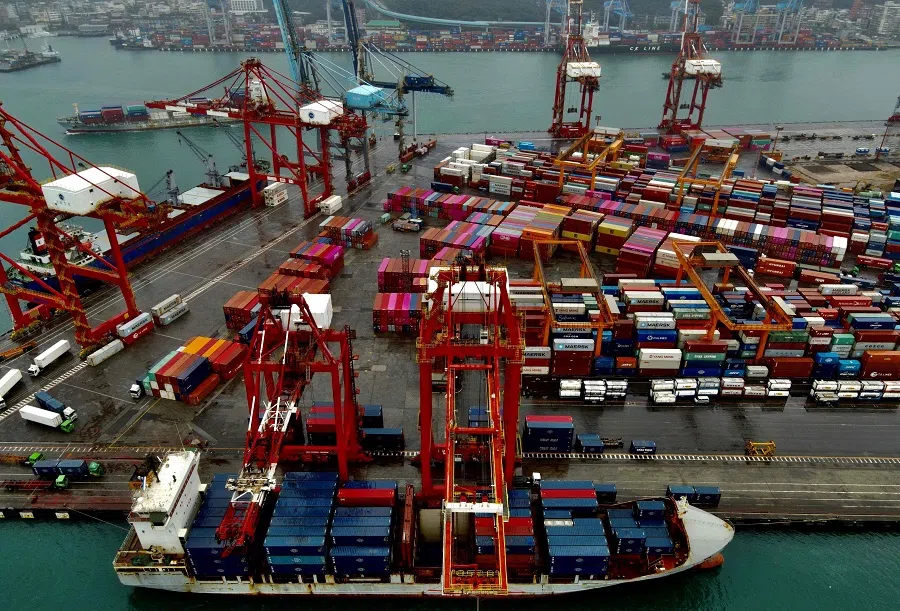
The successful containment of the pandemic, economic prosperity, as well as strengthening Taiwan-US relations have brought the popularity of Tsai and her key officials to a historic high, and approval rating for her administration has stayed at over 50%. On the other hand, Taiwanese nationalism has regained momentum after 2019 and is on the rise with no signs of abating. Thus, in all respects, conditions for Chao are not as favourable as they were for Han back then.
Glimmers of hope for the KMT
However, some favourable signs have recently emerged. For example, support for Tsai and the DPP is gradually declining because of controversies surrounding Taiwan's import of US pork containing ractopamine and certain aspects of the government's pandemic containment policies. Meanwhile, support for the KMT is slowly rising. On the external front, the Joe Biden administration's Taiwan policy is returning to the American tradition of "strategic ambiguity", thus reducing Taiwan's room to make concrete gains amid China-US competition. While these are favourable signs for the KMT, the party has yet to turn the tide in their favour, as the DPP clearly still has the upper hand. Besides, Chao has yet to show that he is able to reverse the general trend.
Chao's high-profile return may intensify the struggle of choosing the way forward and the tussle between localised factions within the KMT.
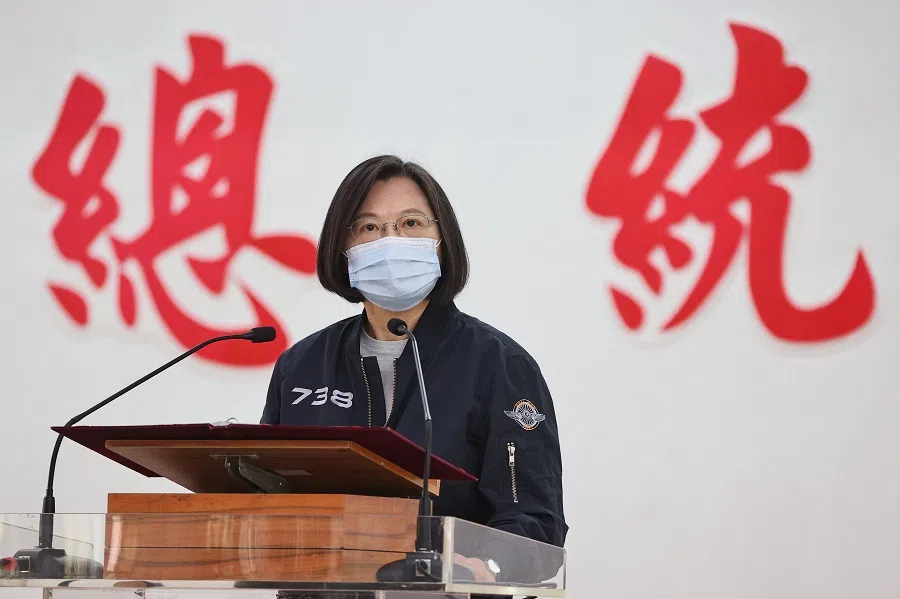
I believe that Chao does not think that he can reverse the situation all by himself. Hence, the question is whether his return would be helpful to KMT's party reform, as well as its integration and reconnection with society at large, helping this century-old party regain public support with a new look and feel.
On the surface, the return of a veteran with some social influence is undoubtedly good for the KMT. But on closer observation, Chao's high-profile return may intensify the struggle of choosing the way forward and the tussle between localised factions within the KMT. Incumbent KMT chairman Johnny Chiang represents the relatively younger reformist politicians that appeal to relatively younger communities in Taiwan that have stronger local identities when it comes to cross-strait relations, and who have more progressive cultural mindsets.
So, the first thing Johnny Chiang did when he took office was to target the "1992 Consensus" in the hope of using it as a breakthrough to help the KMT get out of its quagmire in cross-strait relations. But Johnny Chiang ultimately made no breakthrough in the "1992 Consensus" and was also unable to push through other reforms perhaps due to the interventions of veteran party leaders.
Seventy-year-old Chao is a long-time supporter of the "1992 Consensus". There is no difference in age and stance between him and former Taiwan president Ma Ying-jeou. It is difficult for society to believe that he would be a reformer. The struggle for reform within the KMT may worsen with the return of Chao.
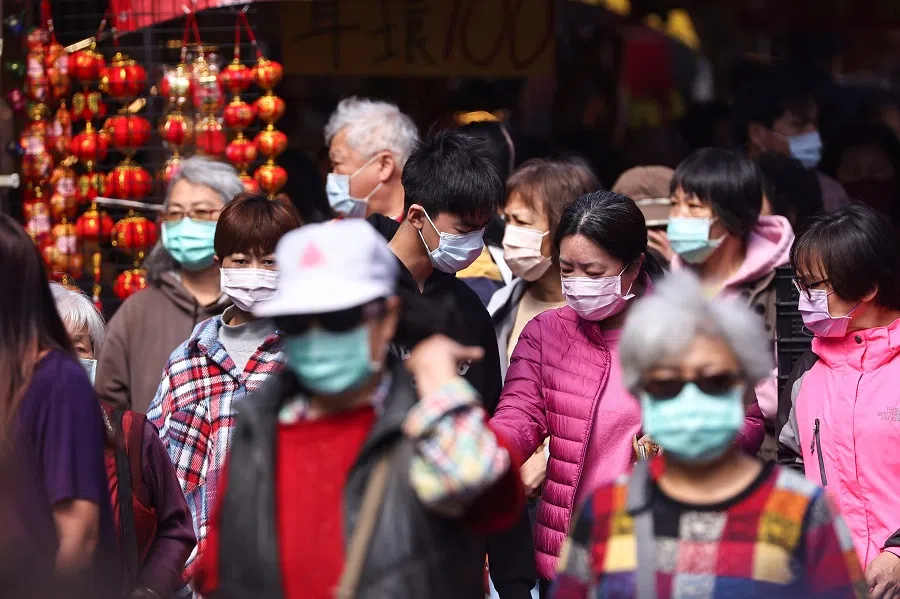
On the other hand, some of KMT's local leaders, such as New Taipei City Mayor Hou Yu-Ih, are quickly gaining popularity; this would have an impact on the future of the KMT. It remains unclear what Chao's role would be amid these localised factions. But in the short term, it is unlikely that he would rise like Han did back then to become the KMT's new "anointed leader" on the back of firm support from the people.
Even Han, who sparked off a massive Han craze back in the day, turned out to be a flash in the pan within a span of two years. Not only did he suffer a defeat at the presidential election, but he also lost his hard-earned position as Kaohsiung mayor. Inferring from that, is Chao's political fate predestined as well?
Related: Fresh, young, pragmatic chairman of Kuomintang signals new hope for Taiwan? | 2020 Taiwan elections: Winning voters' hearts | He who wins over the young people wins the world | Taiwan's booming semiconductor industry plays crucial role on world stage | What can we expect from Biden's 'approach of patience' towards US-China relations
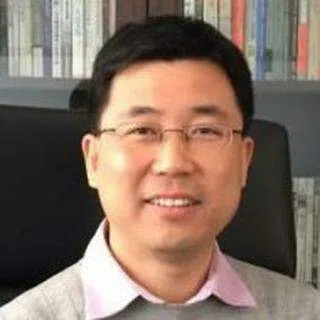

![[Big read] When the Arctic opens, what happens to Singapore?](https://cassette.sphdigital.com.sg/image/thinkchina/da65edebca34645c711c55e83e9877109b3c53847ebb1305573974651df1d13a)


